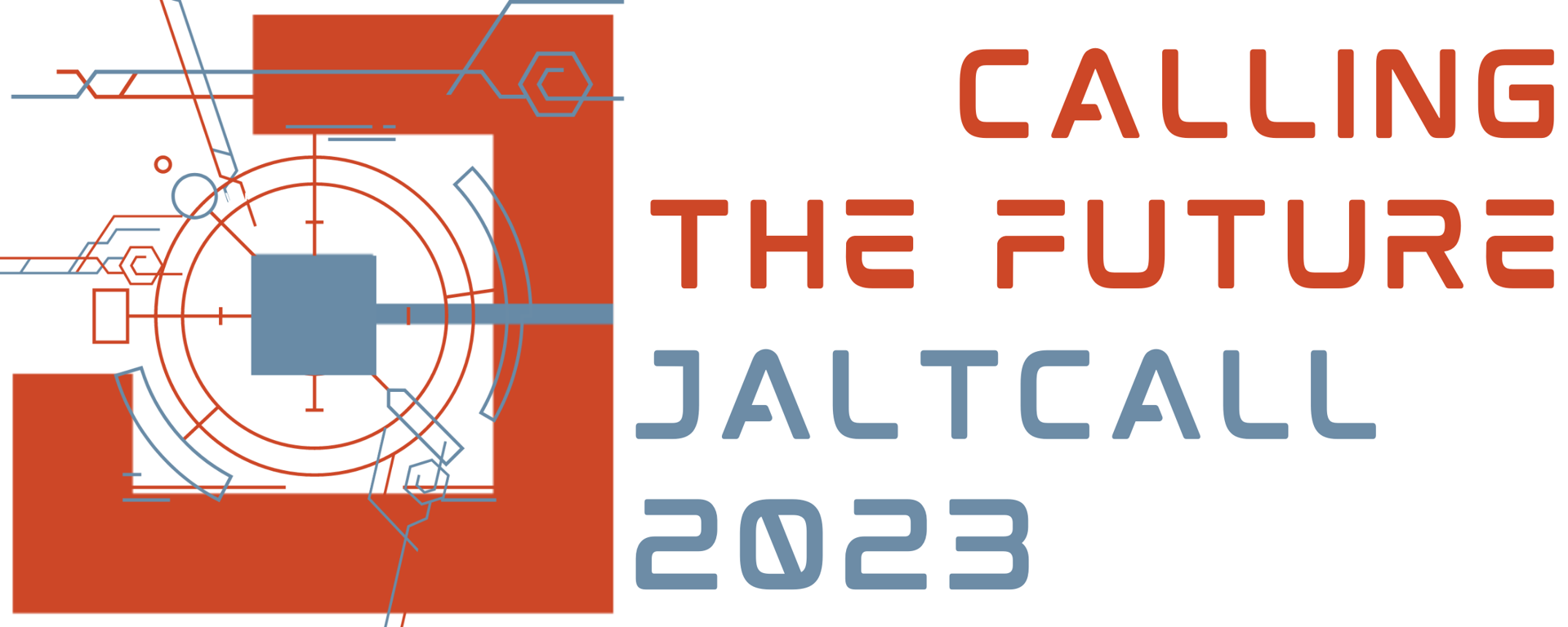2023-06-03, 09:30–10:00 (Asia/Tokyo), G1-2
Language: English
This talk compares the self-assessed TOEIC test readiness of three cohorts of university students taking required Freshman English courses. In addition to two days per week of general English instruction, students are expected to develop their TOEIC skills using a required textbook with an online lab component. As teaching modalities have shifted over the past couple years, the researcher used this natural experiment to gauge students’ impressions of their learning. One group (2021) (n=51) received synchronous instruction in TOEIC skills two days per week. A second group (2022) (n=38) received synchronous instruction one day per week and additional guided self-study TOEIC tasks. The third group (2020) (n=42) completed guided self-study TOEIC tasks with no synchronous instruction. Each group of students completed an anonymous survey reflecting on their TOEIC skill development at the end of the academic year. All three groups reported increased test readiness, while none of the modalities emerged as a clear ‘best way forward.’ The results will be discussed and may be of interest to fellow educators and administrators who are making decisions regarding guided self-study versus synchronous instruction in test preparation components of their programs.
This talk presents findings of a three-year project comparing university students' self-assessed TOEIC test readiness as instruction modalities shifted between guided self-study and synchronous and hybrid instruction.

